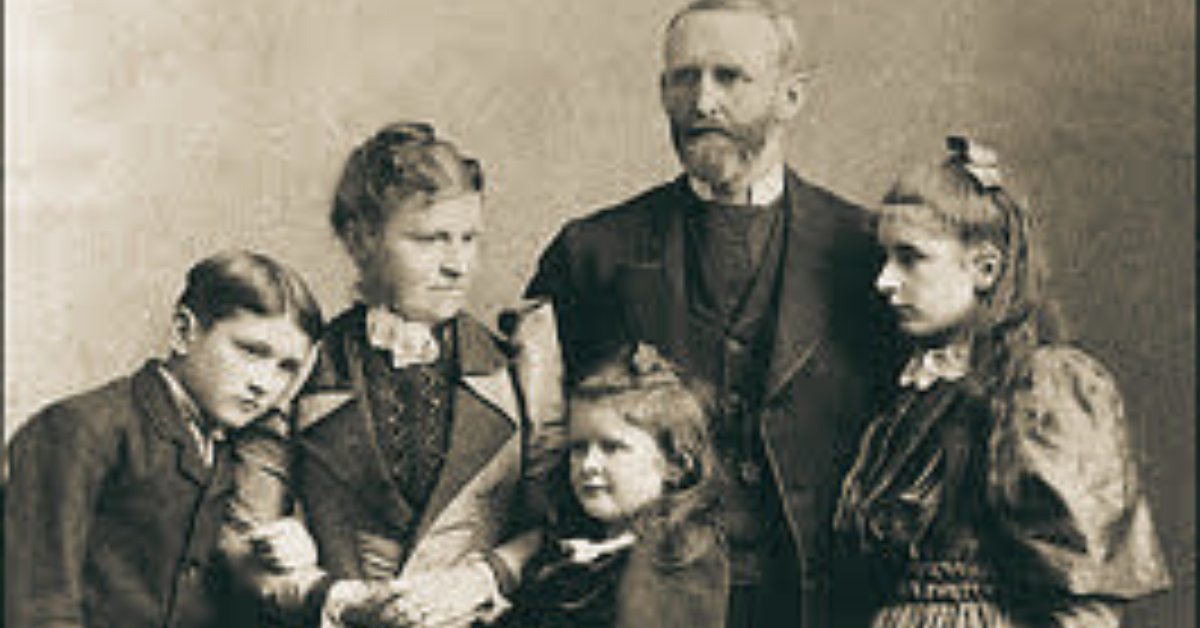Just 18 years old when Confederation took place, Henrietta Muir was inspired by the spirit of nation-building and creating a civic society.
Henrietta Muir Edwards, a modern woman, used her determination, perseverance, and dedication to help improve the plight of the women of her time. Throughout her career, her concerns were transformed into direct involvement in women’s rights.
Born in Montreal in 1849, in her early years, Henrietta Louise Muir developed an interest in women helping women. Raised in an affluent, cultured, and religious family, Henrietta joined the women’s movement, becoming actively involved in different religious organizations and coming face-to-face with the injustices of old traditions, where the exclusion of women was widely accepted. In Canada, the United States, and Europe, she pursued studies in the field of arts, which strengthened her determination to ensure recognition for women in activities to which little consideration had previously been given.
Also Read
Her involvement in women’s causes took root in Montreal, where, in 1875, she and her sister Amélia founded the Working Girls’ Association (the precursor to the YWCA). During the same era, she launched the first Canadian magazine for working women, aptly entitled Working Woman of Canada, which she and her sister edited. She financed the magazine with the proceeds from her artwork, which consisted of paintings and miniatures. Following her marriage to Dr. Oliver C. Edwards and the birth of their three children, the Edwards family moved to Saskatchewan. There, Henrietta discovered her true passion for women’s rights and became even more involved in feminist organizations.
In 1893, Henrietta Muir Edwards, together with Lady Aberdeen, founded the National Council of Women and, for nearly 35 years, served as chair for Laws Governing Women and Children. Also, in collaboration with Lady Aberdeen, she founded the Victorian Order of Nurses and was appointed chair of the Provincial Council of Alberta, serving in this capacity for many years. Throughout these experiences, Henrietta Muir Edwards championed many of the accomplishments of different feminist organizations and was an avid supporter of equal grounds for divorce, reform of the prison system, and allowances for women. Her major contribution to the review of provincial and federal laws relating to women earned her a reputation for knowing more about laws affecting women than even the chief justice of Canada.
In 1927, she joined forces with Emily Murphy, Nellie McClung, Louise McKinney, and Irene Parlby to sign a petition requesting that the Supreme Court of Canada reinterpret the law concerning the term “person” in the British North America Act. It was not until October 18, 1929, after taking their cause to the Judicial Committee of the Privy Council in London, that a reversal of the Supreme Court decision granted Canadian women the right to be appointed to the Senate. By joining the “Famous Five,” Henrietta Muir Edwards brought to the cause of “women not officially recognized” her determination, extensive knowledge of the Canadian legal system, and the prestige of having fought so many battles aimed at re-defining the position of women in Canadian society.













